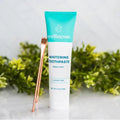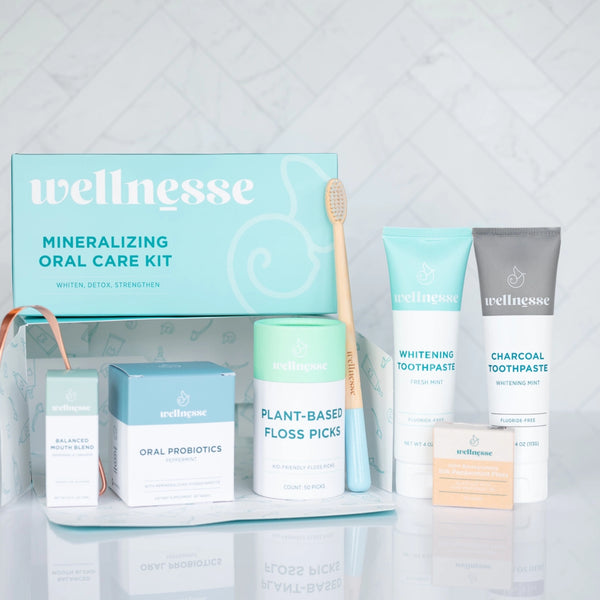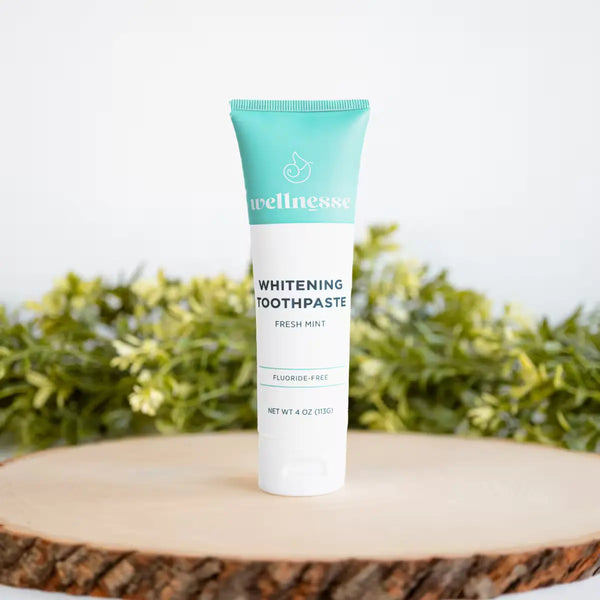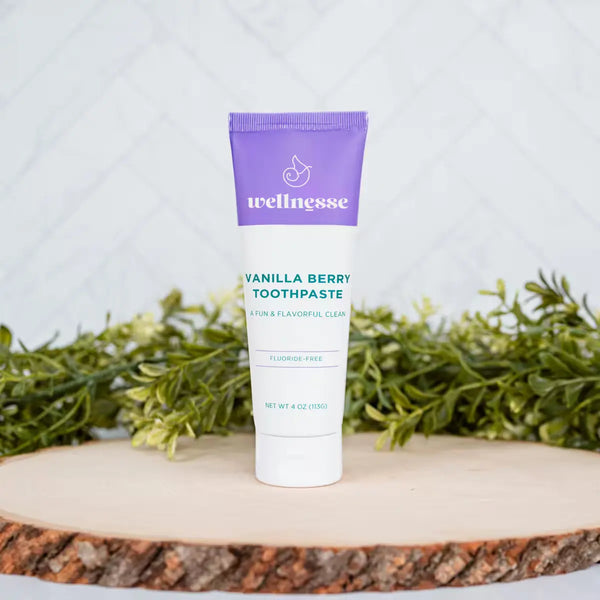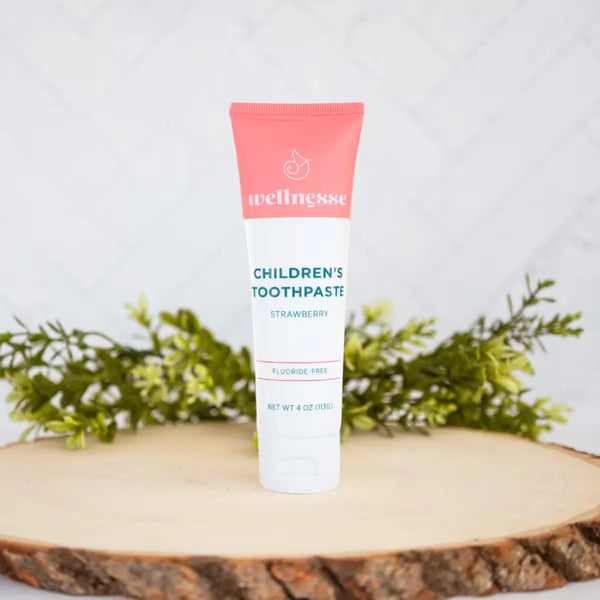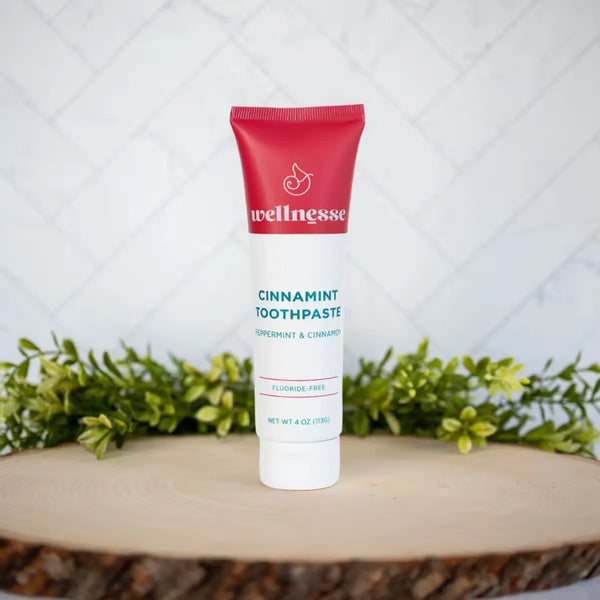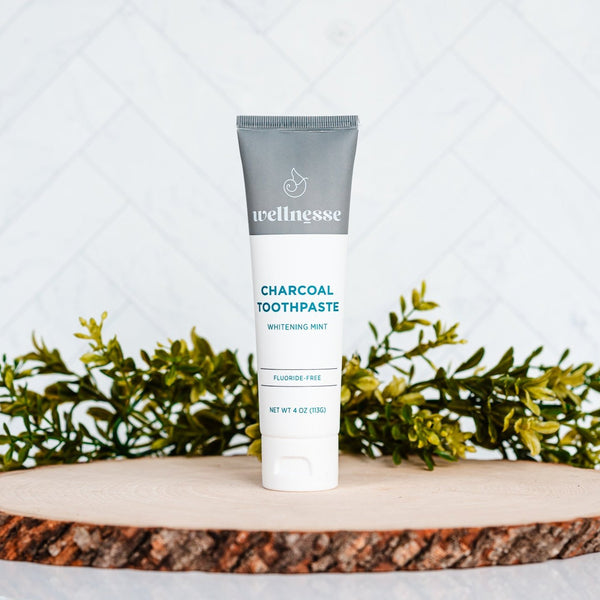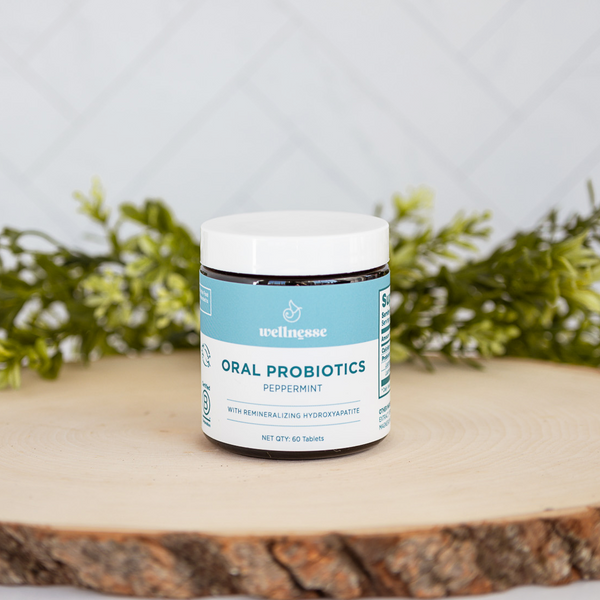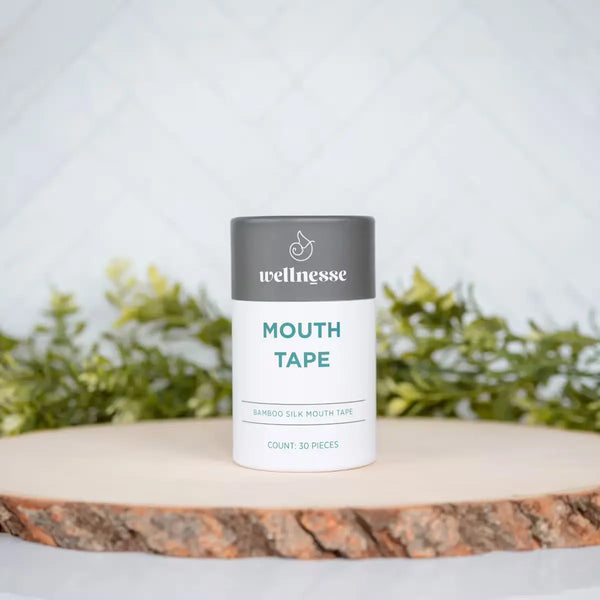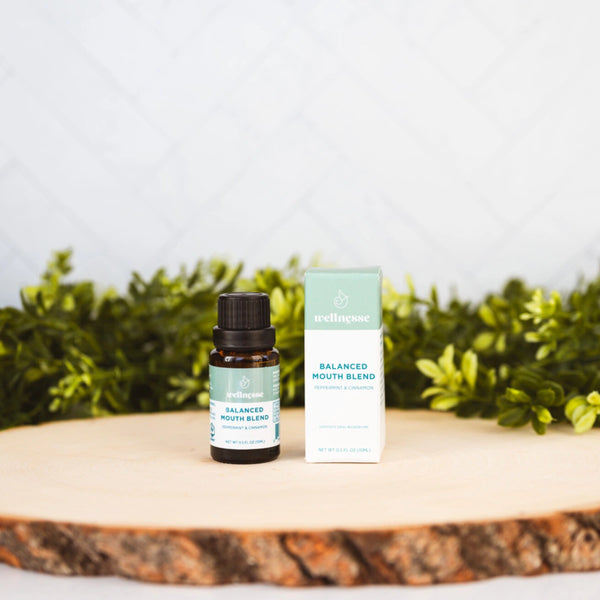As we age, our health often becomes more of a focus and premature aging is something we work very hard to avoid. No one wants to see our body change earlier than expected and experience weaker bones, achy joints, wrinkles or sagging skin. A quick peek on Instagram shows countless ads for products you can buy to help stop or slow aging.
Aging is inevitable. In fact, it can be a beautiful sign of a life well-lived.
But aging before it’s our time is something we’d all like to avoid. No one wants to miss running around the park with our kids or enjoying a walk due to achy bones and joints. Likewise, we don’t want aging skin that makes us look older than we actually are.
We know there are many ways to maintain our youth. Things like eating a whole foods diet with healthy fats, consuming enough protein, avoiding sugar, drinking water (and not alcohol!), not smoking, and getting movement/exercise are all ways to keep our bodies healthy and younger-looking.
But what if we told you avoiding fluoride was another key step in preventing premature aging? Fluoride can negatively impact our bodies as we age. Removing it from our personal care products is a great way to slow down aging. But first, let’s dive into what fluoride is and how it interferes with our bodies.
What Is Fluoride?
Fluoride is a naturally occurring mineral found in our water, soils, and certain foods. You probably know it most from being an ingredient in conventional toothpaste.
But research shows that fluoride’s ability to reduce cavities is not as helpful as expected. Instead, studies show that it can provide a whole host of harmful effects on our bodies. From harming our thyroid hormones to lowering babies’ IQs to causing issues with our bones and joints, there is a long list of reasons to avoid fluoride in your personal care products.
How Fluoride Plays a Role in Premature Aging
In addition to these harmful side effects, fluoride might play a role in premature aging. Fluoride attacks the collagen in our bodies, which is a building block in our skin and bone health. Less collagen, less vibrant skin and strong bones.
The Role of Collagen in the Body
Before we delve into how fluoride impacts our bodies’ aging process, let’s quickly look at collagen in our bodies. Collagen is the most abundant protein in our bodies. It makes up a significant amount of connective tissues such as skin, tendons, ligaments, and bones. It’s responsible for making our skin elastic, strengthening our hair, and creating connective tissue.
Any disruption in our collagen can lead to conditions like osteoporosis, joint disorders, and aging skin. Our collagen naturally decreases as we age. So as we get older, we need to be aware of any negative impact on our collagen.
What’s the Relationship Between Fluoride and Collagen
The full effects of fluoride on collagen are still being studied. However, we do know that fluoride is shown to accumulate in our bones and alter the bone mineralization processes. Some studies suggest that fluoride may impact the quality of our bone structure. This can potentially decrease our strength and increase our risk of fracture as our bones become more brittle.
In addition, fluoride has been reported to hinder various enzymes in our bodies’ collagen synthesis. This could disrupt the balance between collagen production and turnover. That can lead to an impact on our tissue reconstruction.
Fluoride exposure has also been linked to increased oxidative stress and inflammation in cells and tissues. These conditions can impair collagen synthesis. This can contribute to tissue damage, particularly in connective tissues such as joints and skin.
Fluoride’s Impact on Bone and Joint Health
As we get older, losing bone density can cause fractures and breaks to happen more easily. Joint mobility is also a concern for aging as our joints become stiff. If we aren’t able to move as freely as before, other issues can develop such as obesity, disease, and blood sugar problems. It can also lead to less satisfaction in our lives if we can't be as physical as we'd like.
By impacting our collagen, fluoride inhibits bone health. A 2004 study showed that fluoride can affect our bone density and structure, which is one of the concerns in premature aging. This leads to loss of bone strength and flexibility and an increased risk of fracture.
In addition to impacting our bones, fluoride also affects our joints and supporting tissues. Collagen is a major component of cartilage, which cushions joints and facilitates smooth movement. Joint and tissue decline is a result of decreased collagen protein and collagen mineralization. Fluoride can also interact with osteoblasts, which secrete bone matrix proteins, including collagen. This can lead to a whole host of problems, from stiff and achy joints to osteoarthritis, a degenerative joint disease.
All of these potential side effects can lead to weak or misaligned bones, tissue, and joints. Over time, this process can lead to problems with mobility. This not only impacts our ability to move and enjoy a physical life, but it can also lead to less overall satisfaction with life.
How Fluoride Affects Skin Health
Another important component of premature aging is skin health. Collagen fibers in the skin provide structural support and elasticity. As we age, we naturally lose collagen, and as a result, our skin can sag and look less tight.
A 2015 study found that fluoride adversely affects our collagen and tissue. This can cause our skin to age earlier and might result in increased wrinkles and loss of firmness.
In addition, fluoride increases non-collagen proteins, which can accelerate skin aging. This can adversely affect our skin’s metabolic processes and reduce elasticity.
How To Avoid Fluoride to Prevent Early Aging
Avoiding fluoride in our personal care products is an easy step to avoid premature aging. Most conventional toothpastes contain added fluoride. That means that every time we brush our teeth, we increase our risk of thyroid issues, joint and bone degradation, and early aging.
You’ve probably even noticed the warning label on these toothpastes. It warns to keep it out of reach of children under 6 and call poison control if accidentally ingested. Knowing the harmful effects it can have on our bodies, wouldn’t it be better to skip it in favor of something natural and effective?
Natural toothpaste is often fluoride-free and a better option for your family's health. Wellnesse's Whitening Toothpaste, Charcoal Toothpaste, and Children’s Toothpaste are all fluoride-free. Instead, we use hydroxyapatite for amazing results with no harmful side effects! And there’s no need for a warning label on our toothpaste. So your family can get clean teeth without worrying about the effects of fluoride.
In addition to conventional toothpaste, some conventional mouthwashes have fluoride added to them. As a natural alternative to these mouthwashes, Wellnesse offers our Balanced Mouth Blend. This blend of organic essential oils is easy to use as a mouthwash. Just add 3-4 drops to a small glass of filtered water and swish.
Natural personal care products give your family the cleanest products with the most benefits and least side effects. Swapping out your conventional toothpaste is an easy way to slow premature aging and still have a clean, healthy mouth!
Shop fluoride-free toothpaste and support your overall health!
